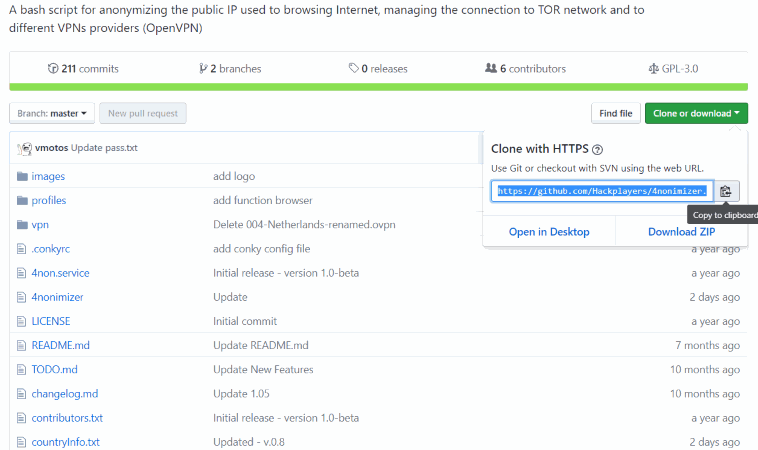

The last several digits are replaced by zeros, making the IP address less specific, without losing much accuracy in geographic reporting. As such, even though you yourself do not have access to this information, you must anonymize it so that it is not accessible by anyone else, either.įortunately, Google is aware of this technicality and provides a simple JavaScript solution that can be used to anonymize the IP addresses of your users immediately after the IP address is received. The reason why is because although IP addresses are not stored in Google Analytics or accessible by normal clients, employees within Google could access this information. While anonymizing IP addresses has always been best practice, the GDPR is turning that into a requirement for the first time in many countries. Here are some of the changes and what you'll need to do to comply with them: IP Addresses under the GDPR Google Analytics and the GDPR from termsfeed So, if you use Google Analytics (or other similar services) and have users within the EU, you must be compliant with the GDPR. This means you must be fully compliant with the GDPR. This couldn't be further from the truth, and here's why:īy using a third-party service that collects or processes personal data on your website, your website is collecting and processing the personal data of its users. Some website owners think that since it's Google Analytics, not their website itself, which is collecting and using personal data, that the website itself need not be compliant with the GDPR. The General Data Protection Regulation ( GDPR) is very clear that any collection or processing of personal data from residents of the EU is to be regulated by its rules.Ī common point of confusion when it comes to GDPR compliance is the use of third-party services that collect or use personal data, such as Google Analytics. For more information on GA4 features and how this will affect you, check out our article: GDPR and Google Analytics 4 (GA4) In that case, the option “Expression” can be used.Editor's Note: Google Analytics 4 will phase out Univeral Analytics on July 1, 2023, and Univeral Analytics 360 on October 1, 2023. If there are business rules that ensure a date in the past is used, then it is better to select “Expression” and write your own query or use “Sample data set” and add a set with random dates in the past.ĮxpressionIn certain cases, a value is dependent on the value of other columns or has to meet specific requirements. Note that when you select a random date, this date can be in the future or in the past. This is not user-friendly, therefore I would not recommend using this for acceptance test data. Random valueWhen you use this option to anonymize your data, a random value is generated that meets the domain specifications. For example, if you have a sample data set with random dates and numbers, only valid dates will be used to anonymize a “birthday” column.

Upon anonymization, a random value from the set will be picked, taking into account the domain of the column.
#SIGN UP ANONYMIZER UNIVERSAL SOFTWARE#
Sample data setThanks to the guys at Software Modernization, default sample data sets are available that you can use to anonymize your data. They can be recognized by the icon below and are hidden by the undecided columns prefilter. You can choose between:įoreign key columns are automatically anonymized based on the settings of the source column. A prefilter is provided to suggest which columns are sensitive, based on keywords or because columns with the same name or domain are also marked sensitive.įor sensitive columns, it is mandatory to select an anonymization type. View-columns, calculated fields, and identity fields are not data columns and therefore are not shown. With this new feature, we enable you to set the sensitivity for each data column of your application in the “Data sensitivity” modeler. This feature can not only be used for personal data, but also for other sensitive data like passwords or credit card numbers. To help our customers comply with this new legislation, we added a new feature “Data sensitivity” to the Thinkwise Platform to automate the anonymization of personal data in any Thinkwise application. With the introduction of Europe’s General Data Protection Regulation, it is more important than ever for companies that their IT environment is secure and meets the legal requirements for privacy protection.


 0 kommentar(er)
0 kommentar(er)
